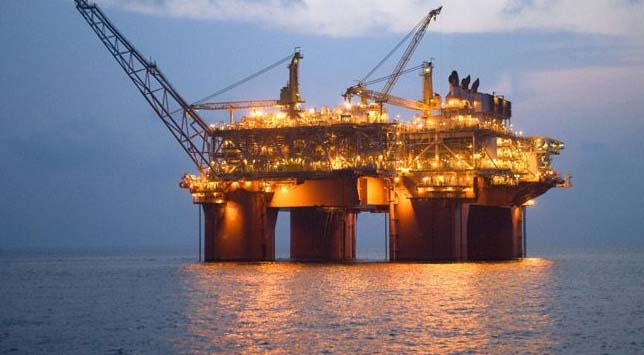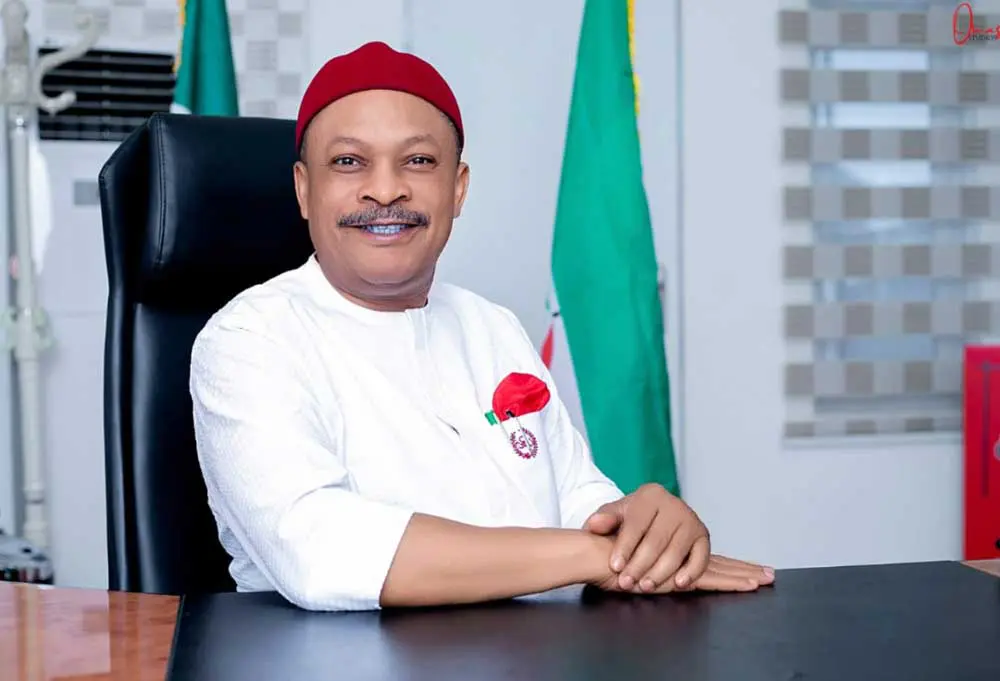
Keep up with the latest news and be part of our weekly giveaways and airtime sharing; follow our WhatsApp channel for more updates. Click to Follow us
At the recently concluded World Economic Forum (WEF) in Davos, Switzerland, Adewale Tinubu, Group Chief Executive of Oando Plc, highlighted the vast potential of indigenous energy companies in Nigeria. Tinubu emphasized the importance of these companies taking over divested assets from International Oil Companies (IOCs) to unlock previously untapped potential.
Oando Plc, an indigenous energy company, is poised to adopt artificial intelligence and other advanced technologies in its next drilling campaign. This move aims to strengthen decision-making and optimize costs in oil exploration, as the company seeks to explore its over 1 billion barrels of oil reserves ¹.
Tinubu noted that the combination of robust working capital, advanced technologies, and local expertise would enable indigenous players to maximize value from Nigeria’s onshore assets. He emphasized the critical role of governments and regulators in supporting the industry to address economic challenges and attract foreign investment.
“As a company, we have over a billion barrels of reserves, 300,000 barrels a day of oil processing capacity, and over 2 billion cubic feet a day of gas capacity,” Tinubu remarked. “Effectively, the net present value of the oil we have in our facilities is well over $10 billion.”
Tinubu also stressed the need for a just energy transition, highlighting Africa’s minimal contribution to global emissions despite constituting 20% of the global population. He outlined Oando’s efforts to reduce its carbon footprint, including the implementation of effective carbon capture techniques.
“We need to increase our exports significantly to improve our balance of trade and strengthen the Naira,” Tinubu explained. “The oil and gas industry offers the fastest path to achieving this, given our substantial reserves and existing infrastructure.”
In addressing the ongoing conversations about decarbonization, Tinubu reinforced the need for a just energy transition, stating that Africa contributes a minuscule amount to global emissions, constituting about 20% of the global population. He, however, expanded on the immediate steps Oando has incorporated to reduce its carbon footprint.
“We are actively working hard to ensure that every molecule of carbon we put into the environment is mitigated through the implementation of effective carbon capture techniques,” he said.
The WEF annual meeting in Davos provides a global platform for leaders from business, government, international organizations, academia, and civil society to engage in peer-to-peer working sessions. The event aims to shape the future by co-designing, co-creating, and collaborating to make the world a better place.
The Nigerian delegation at the WEF included government officials such as Kashim Shettima, Vice President of Nigeria; Wale Edun, Minister of Finance, Nigeria; and Jumoke Oduwole, Minister of Industry, Trade, and Investment, Nigeria, as well as CEOs like Tinubu.
Please don’t forget to “Allow the notification” so you will be the first to get our gist when we publish it.
Drop your comment in the section below, and don’t forget to share the post.


![WAHALA: 14 Nigerian banks yet to meet CBN’s recapitalization deadline [FULL LIST]](https://zingtie.com/wp-content/uploads/2025/05/CBN-1.jpg)





